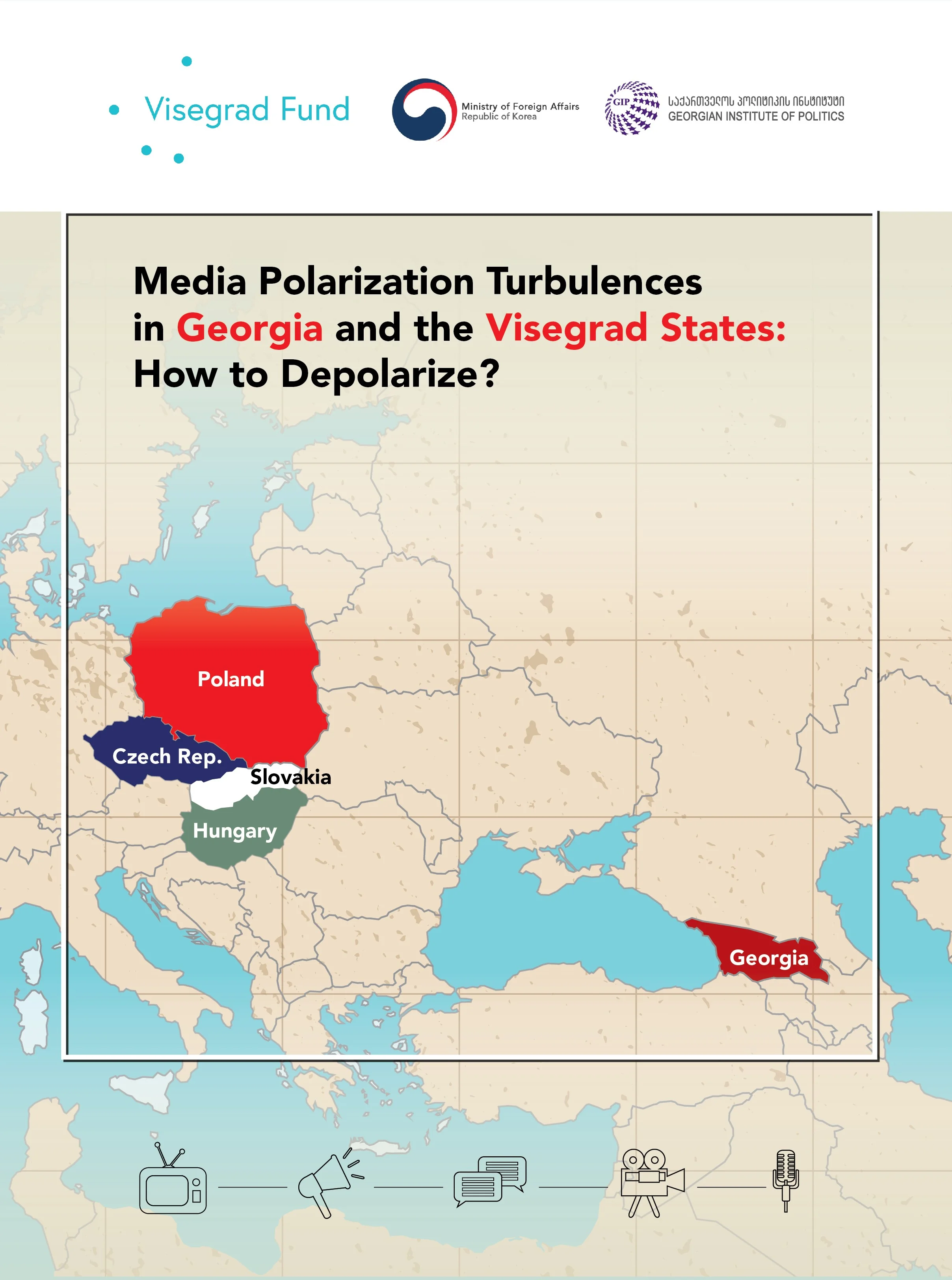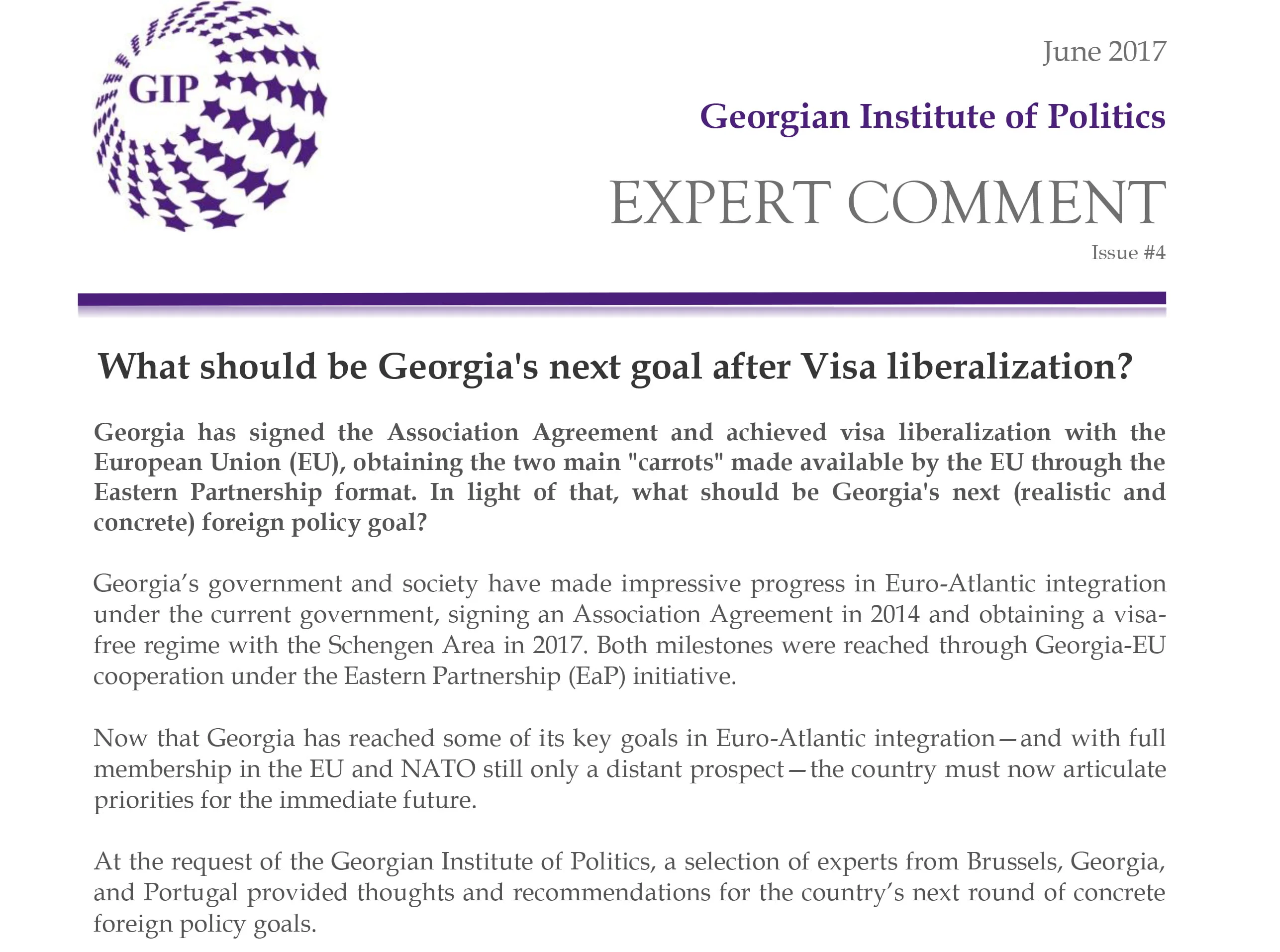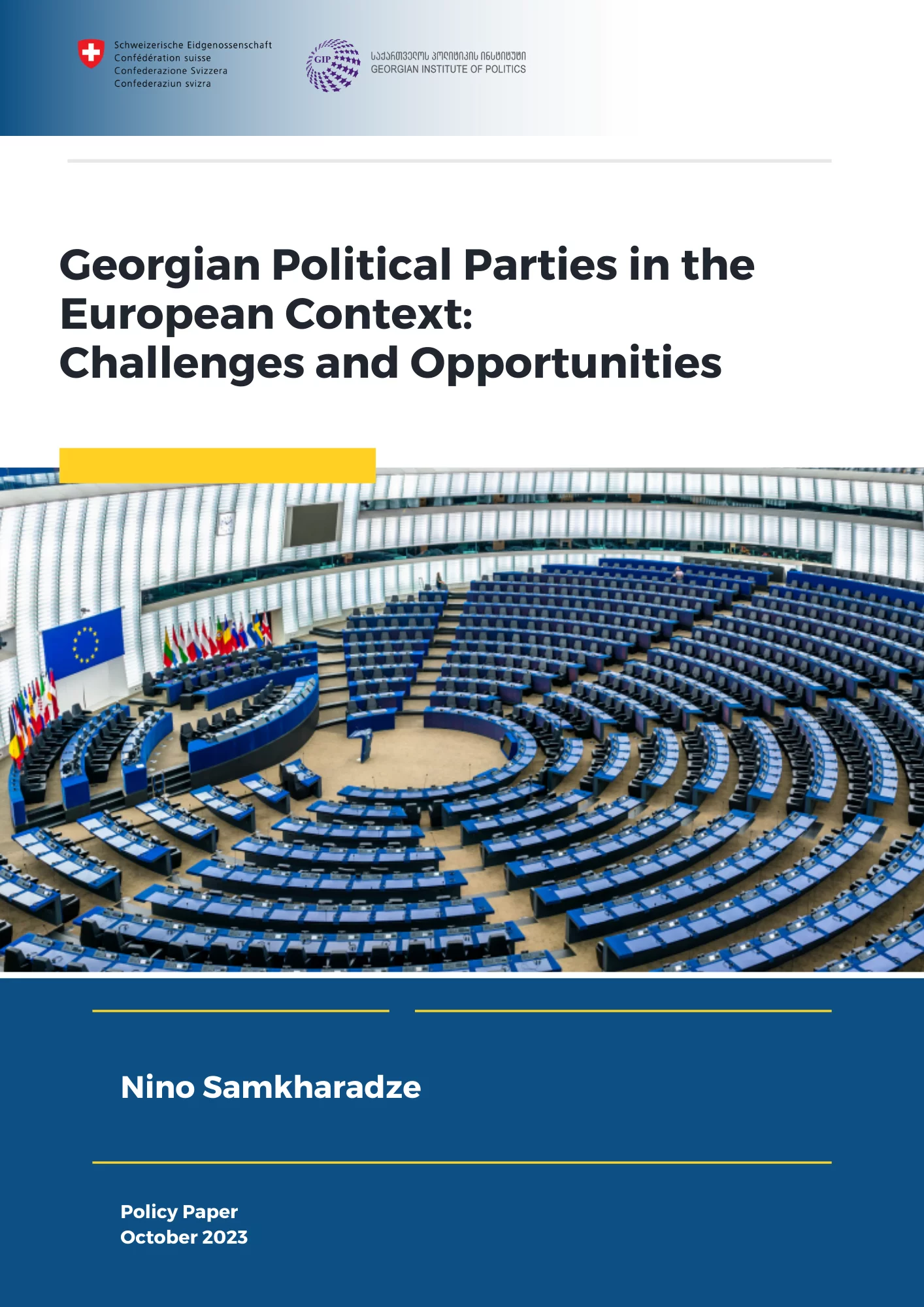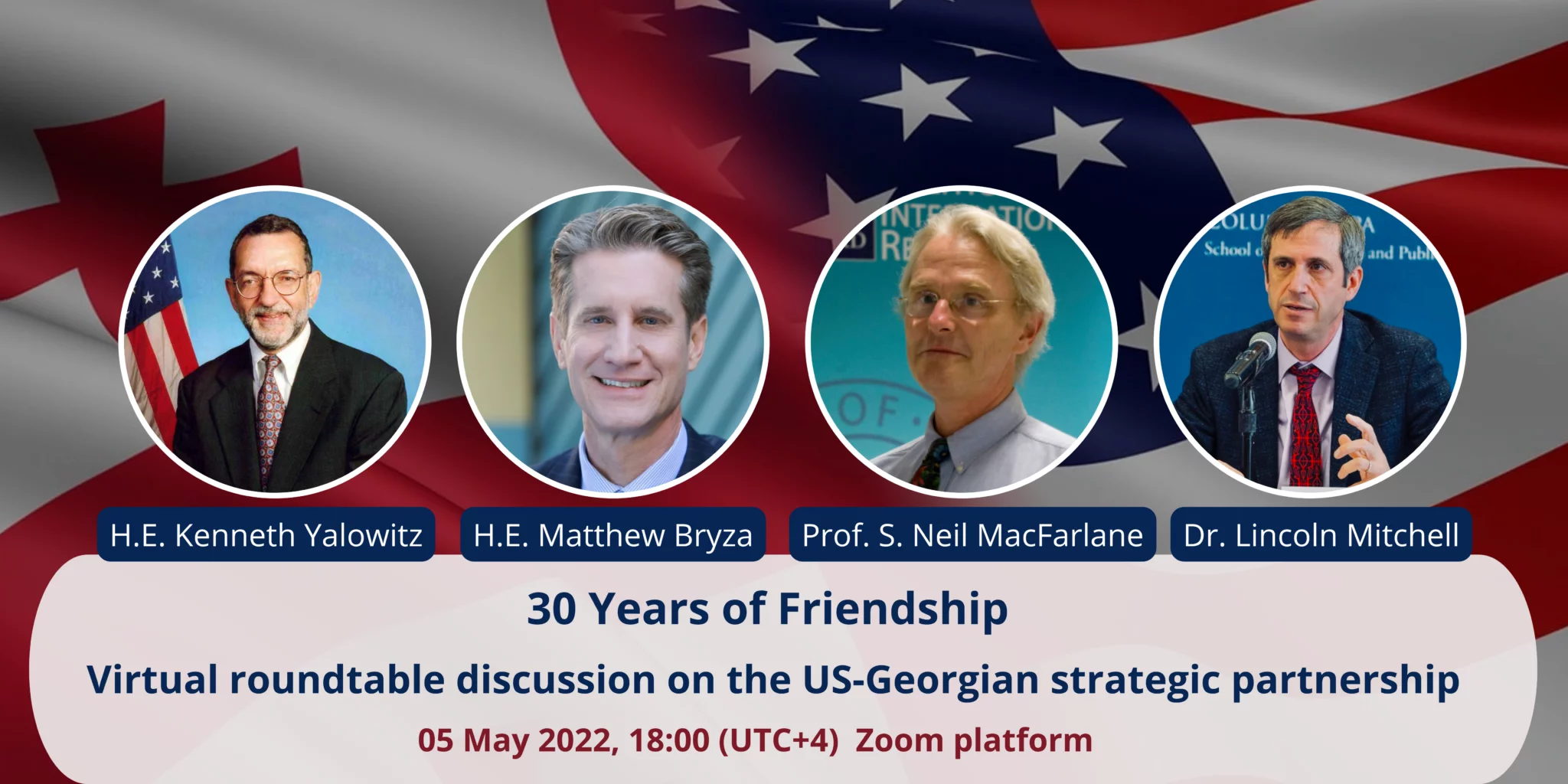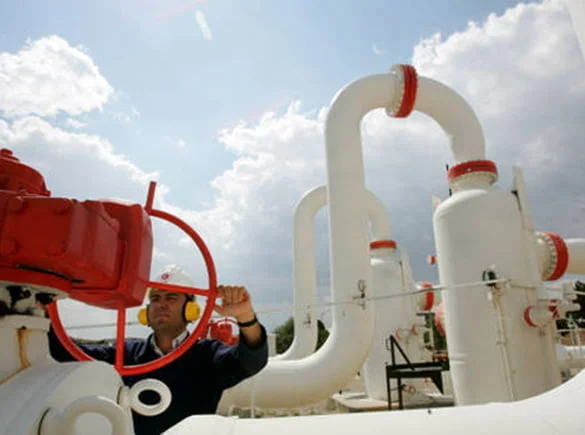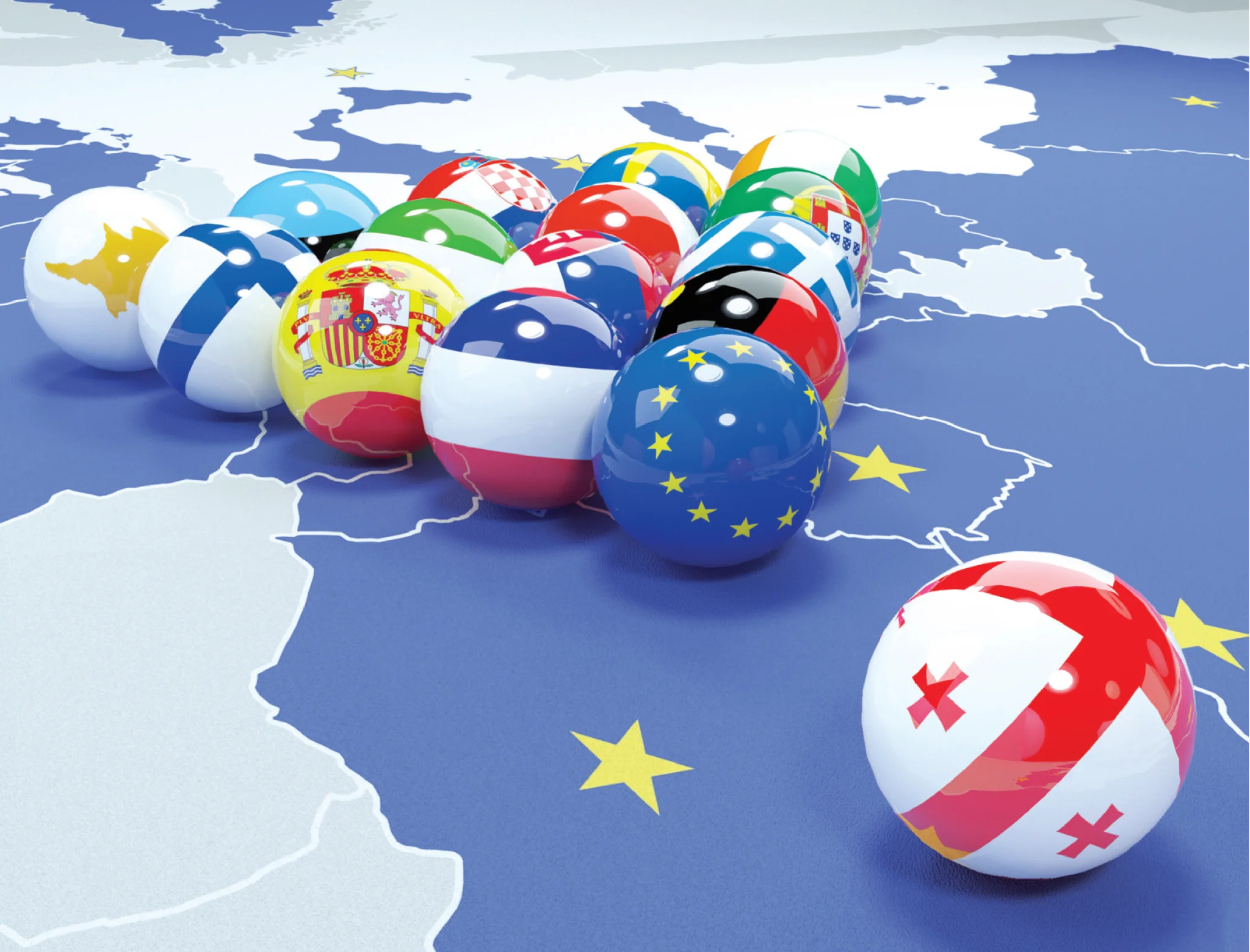
Author
Teona Surmava
Teona Surmava*
Georgians gained the right to travel visa-free to the Schengen zone on March 28. That milestone had been a long-standing goal of Georgia’s government and society. Four years in the process, practical work toward visa liberalization started when the Visa Liberalization Action Plan (VLAP) was presented to the government in 2013.
After the country successfully implemented the requirements envisaged by the VLAP, the EU made good on its promise of visa-free travel. The historic decision is still being celebrated—it marks not only fulfillment of technical requirements, but affirmation of Georgia’s place in the European family.
Last week, Georgia reached another milestone on its path to Europeanization, one less publicized but no less important. On April 4 the Ministry of Internal Affairs (MIA) signed an agreement on operational and strategic cooperation with Europol, the European Police Office.
Given Georgia’s interest in combatting terrorism and organized crime, the MIA has made cooperation with Europol a top priority.
What is Europol and what does it mean for Georgia?
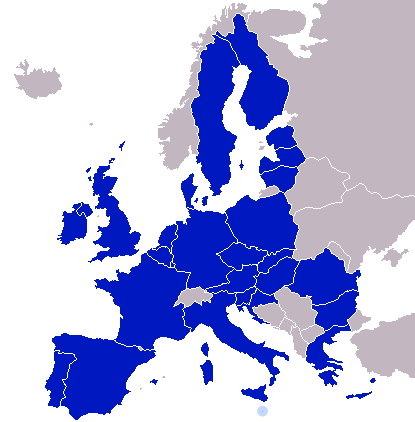
Europol Members Map
Europol is the EU’s main law enforcement agency. With headquarters in The Hague, The Netherlands, it assists all 28 EU member states in combatting international crime and terrorism. Europol doesn’t make arrests. It fights crime by sharing information and tracking criminals across borders. With help from the agency, national law enforcement agencies are able to unmask and shut down Europe’s most dangerous criminal networks.
Director of Europol Robert Mark Wainwright emphasized the importance of bilateral cooperation during the signing ceremony for the cooperation agreement, commenting that “Europol is committed to strengthen cooperation with Georgia and recognizes that effective las enforcement cooperation is an important element of Georgia’s deepening relationship with the EU.”
Cooperation with Europol and the respective law enforcement agencies of EU member states is crucial for the MIA and Georgia’s other law enforcement bodies.
In particular, cooperation covers the spheres of crime prevention, detection, and suppression and it comes in two main forms: strategic and operational. While both focus on expanding cooperation between Europol and Georgia, there is one key difference: strategic cooperation focusing on sharing general intelligence on strategic information, whereas operational cooperation includes the exchange of personal data.
The agreement signed with Europol includes both kinds of cooperation, and it includes: exchange of significant intelligence-led and operative information as well as specialist knowledge and strategic analysis, and participation in joint investigative teams organized within the Europol framework.
In addition, Georgia will deploy a liaison officer to Europol’s headquarters in The Netherlands, who will ensure the establishment of close and effective cooperation between the two sides.
In sum, the event is historic for several reasons:
- Signing the agreement with Europol means more than simply exchanging information with the law enforcement agencies of EU member states with the purpose of tackling serious international crimes. This event illustrates Georgia’s goal of joining the EU law enforcement family, as well. Signing of the agreement should not be viewed as a stand-alone event, but rather a part of the big picture on the path toward Georgia’s European integration.
- As a response to current problems arising from international crime and terrorism, the agreement allows Georgia to plan operational activities jointly with Europol and to strengthen effective law enforcement cooperation with EU Member States.
- The event marks recognition of Georgia’s European integration in the field of law enforcement by a key European agency. That integration comes as a result of intense work by government officials to harmonize its practices with European standards.
The decision on visa-free travel and signing the agreement with Europol are part of a single, larger process: Georgia’s European integration and institutional development.
Reforming Georgia’s police
Georgia’s EU integration is a complicated process that requires diligent work on the part of different institutions. Implementation of the VLAP was a complex process that involved all governmental bodies. That being said, the MIA played the lead role in directly implementing more than 60% of the action plan targets.
The MIA was tasked with implementing the following directions:
- Integrated Border Management
- The Fight against irregular migration
- The Fight against organized crime
- The Fight against drug related crime
- The Fight against trafficking in human beings
- Adopting personal data protection standards in the course of implementing law enforcement activities
- Strengthening international cooperation in the field of law enforcement
Successful implementation of the VLAP is not a one-off case. It’s part of a far-reaching process to reform Georgia’s police. By virtue of this process, institutional and legislative developments have been introduced and subsequently assessed positively by the EU. One of the most vivid examples was the new law on Personal Data Protection, implementation of which contributed to successful cooperation with Europol.
Law enforcement cooperation brings Georgia closer to Europe
Observers tend to focus on “big bang” moments like the signing of the Association Agreement or the visa waiver. However, the less-publicized aspects of integration are just as important. Georgia’s European aspirations did not start, and certainly will not end, with visa liberalization.
By successfully implementing positive reforms in the field of law enforcement cooperation, Georgia has become a partner of Europol and significantly advanced its strategic relations with the EU in the process. Moreover, the deployment of eight new police attaches to EU member states is another example of increased bilateral cooperation with the EU.
Visa liberalization allows Georgian citizens to travel freely into the Schengen area. Cooperation with Europol ensures that Georgian citizens are safer both at home and abroad.
*Teona Surmava – Chief Specialist at the European Integration Unit of the Ministry of Internal Affairs of Georgia
* This publication was produced with the support of the Open Society Georgia Foundation (OSGF). The views and opinions expressed in this article are the author’s alone and do not necessarily reflect the views of the Georgian Institute of Politics, the Open Society Georgia Foundation, or the Ministry of Internal Affairs of Georgia.



